• Adenovirus Service • AAV Service • Lentivirus Service • Retrovirus Service




Nowadays, cancer has become one of the major killers threatening human health, and the role of sex hormones in the occurrence and development of cancer has attracted widespread attention. In recent years, with the rise of precision medicine, scientists have gradually realized that there are significant differences in treatment response and disease progression among cancer patients of different genders and ages. This discovery has triggered scientists to explore in depth how sex hormones affect cancer behavior.
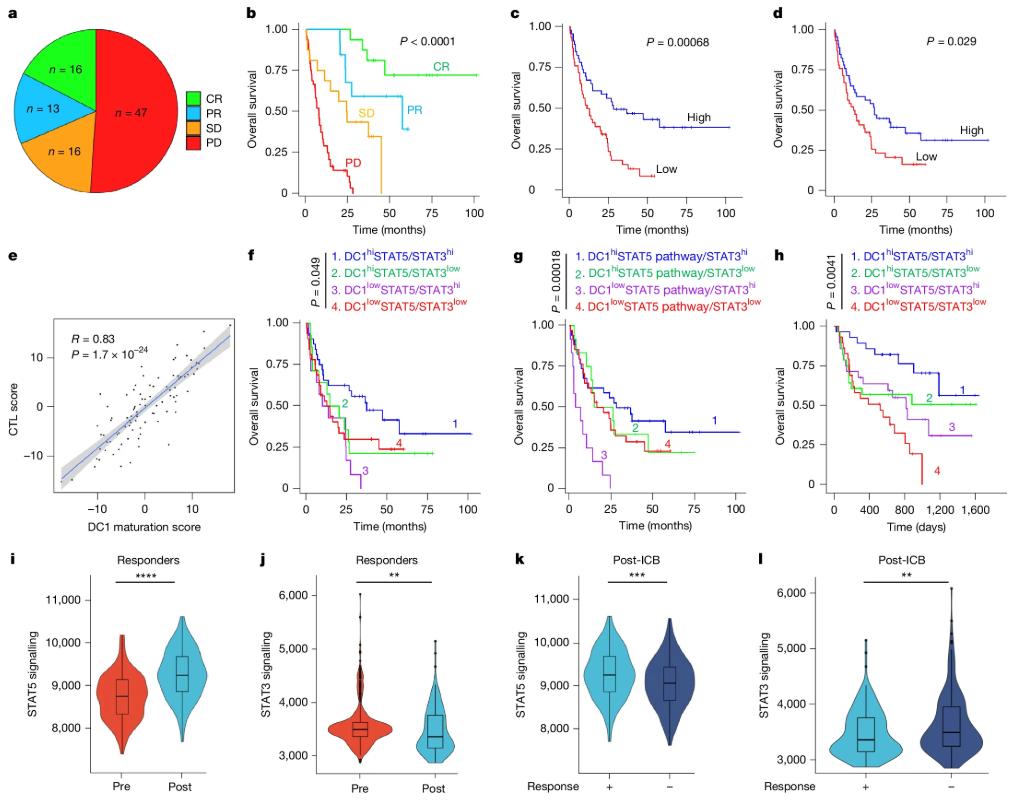
In the field of cancer treatment, immunotherapy is like a brave warrior, which can use the body's own immune system to fight cancer cells. Among them, immune checkpoint inhibitors (ICBs), as an important branch of immunotherapy, can activate immune cells by blocking specific proteins so that they can more effectively eliminate cancer cells. However, reality is not always as people wish. Many patients do not respond well to ICBs, and even gradually develop drug resistance during treatment. This problem has been plaguing the medical community.
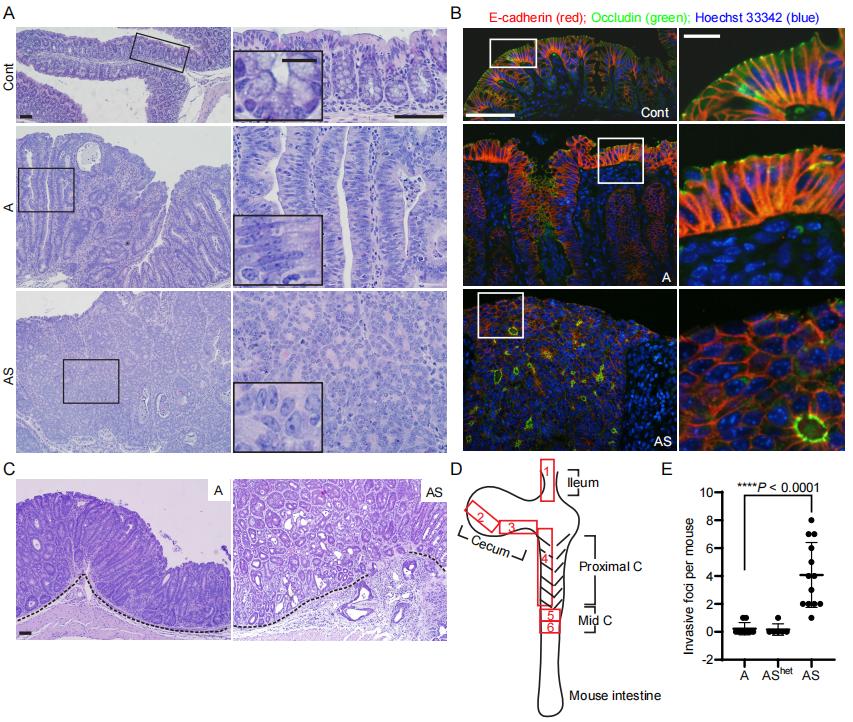
In the world of cancer, colorectal cancer (CRC) is undoubtedly a warning name. It is not only the second leading cause of cancer-related death in the world, but also a complex molecular maze. Although scientists have revealed some molecular changes associated with colorectal cancer, how these changes drive the development of cancer remains an unsolved mystery.
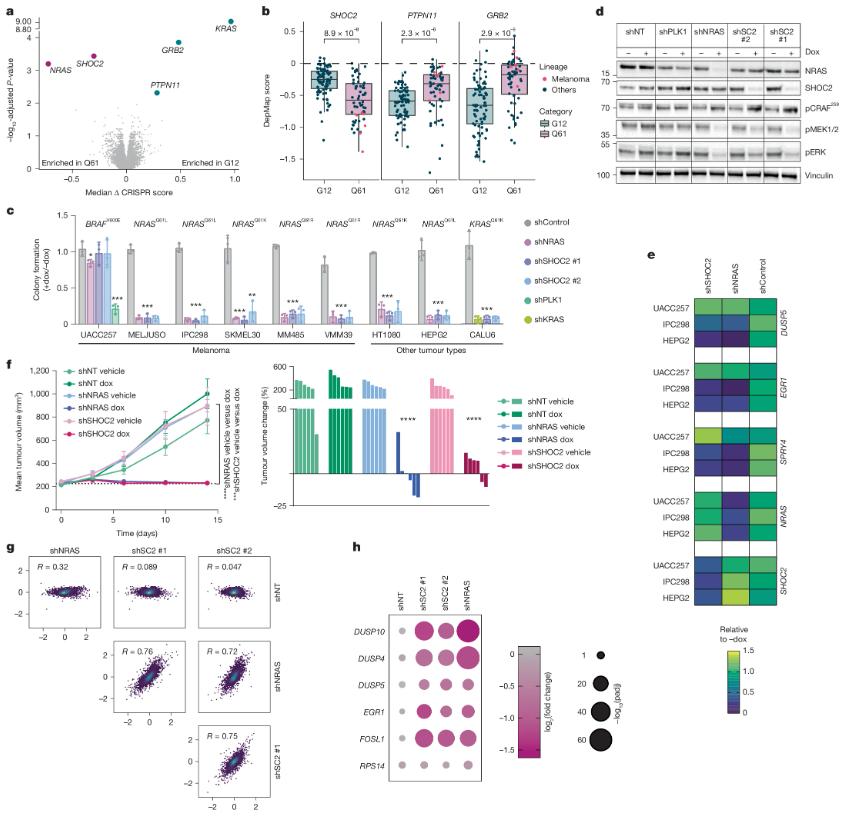
In the battlefield of cancer treatment, the RAS gene family has always been a fortress that is difficult to conquer. The KRAS and NRAS genes in the RAS gene family are like commanders of cell growth and division, regulating the normal growth of cells through signaling pathways. However, when these genes mutate, they become traitors, causing disordered cell proliferation and leading to cancer. Although scientists have developed targeted therapies for KRAS (G12C) and KRAS (G12D) mutations, NRAS-mutated cancers, especially NRAS (Q61*)-mutated melanomas, have always lacked effective treatment strategies. There are about 50,000 new cases of NRAS-mutated melanoma in the United States and Europe alone each year, which is undoubtedly a huge clinical demand gap.
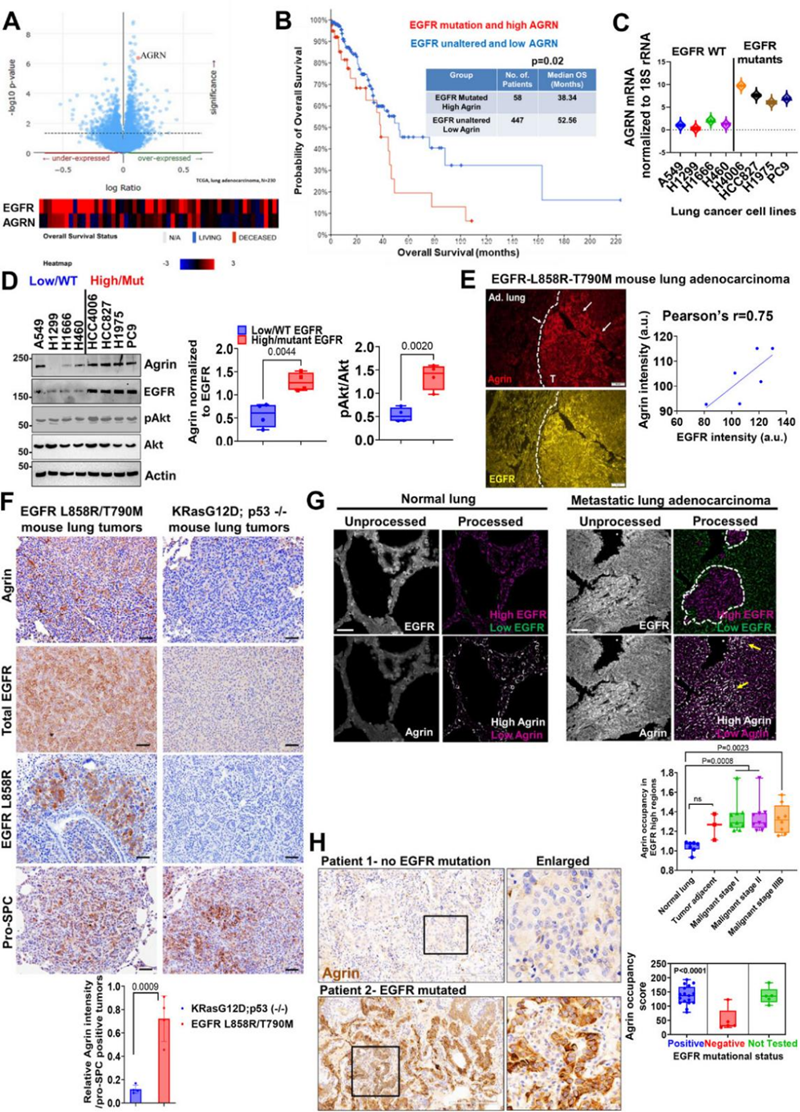
Melanoma is the most dangerous type of human skin cancer, especially NRAS mutant melanoma, which has become a difficult problem in the medical community due to its extremely high invasiveness and poor prognosis. At present, this cancer is mostly indifferent to existing immunotherapy and targeted drugs, leaving patients and doctors helpless.
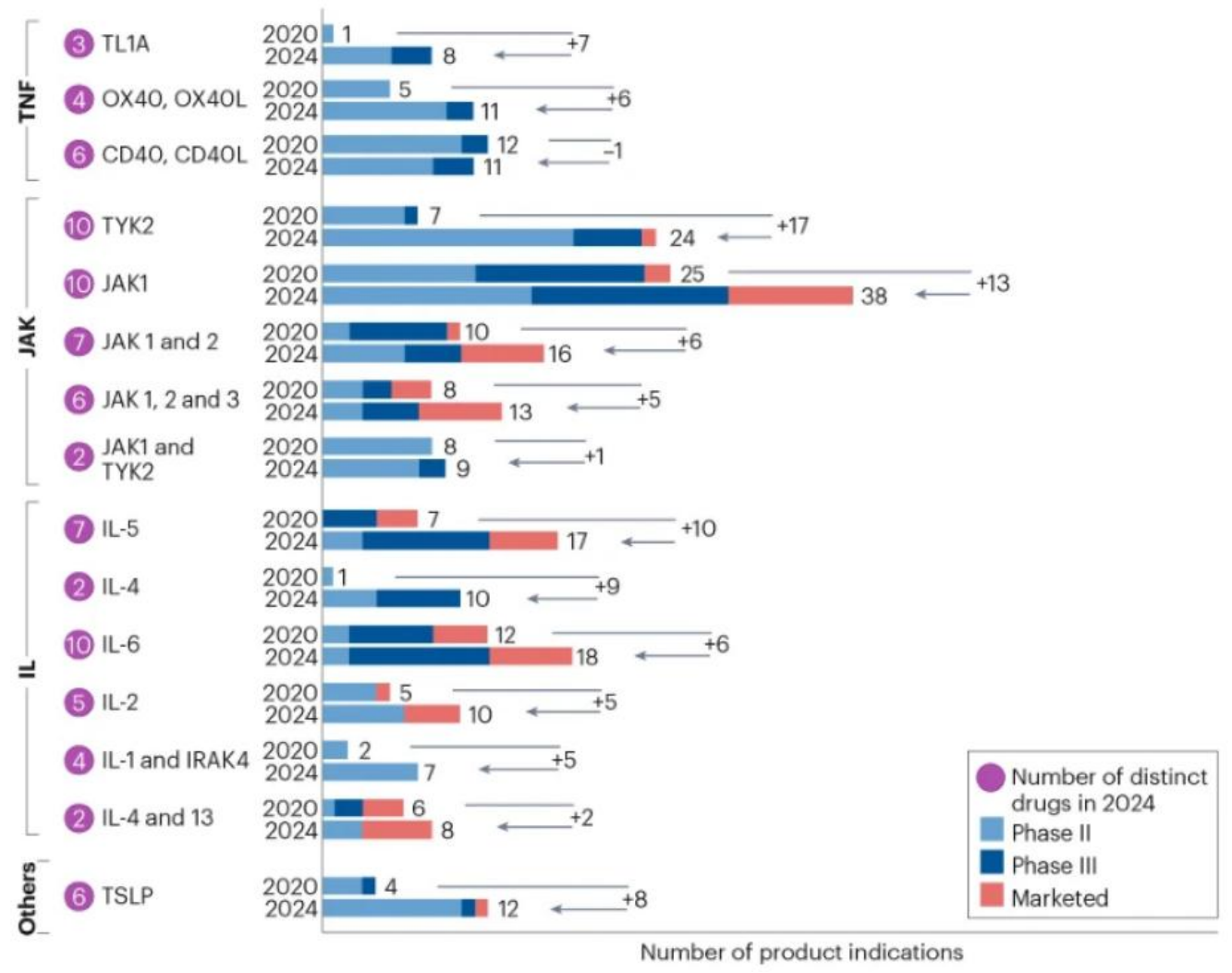
Autoimmune diseases are the result of the immune system "killing each other", and the core mechanism is the disorder of the immune system's self-recognition function, which leads to inflammatory response and tissue damage. There are more than 100 known autoimmune diseases, including systemic lupus erythematosus, rheumatoid arthritis, psoriasis, multiple sclerosis, type 1 diabetes, etc.
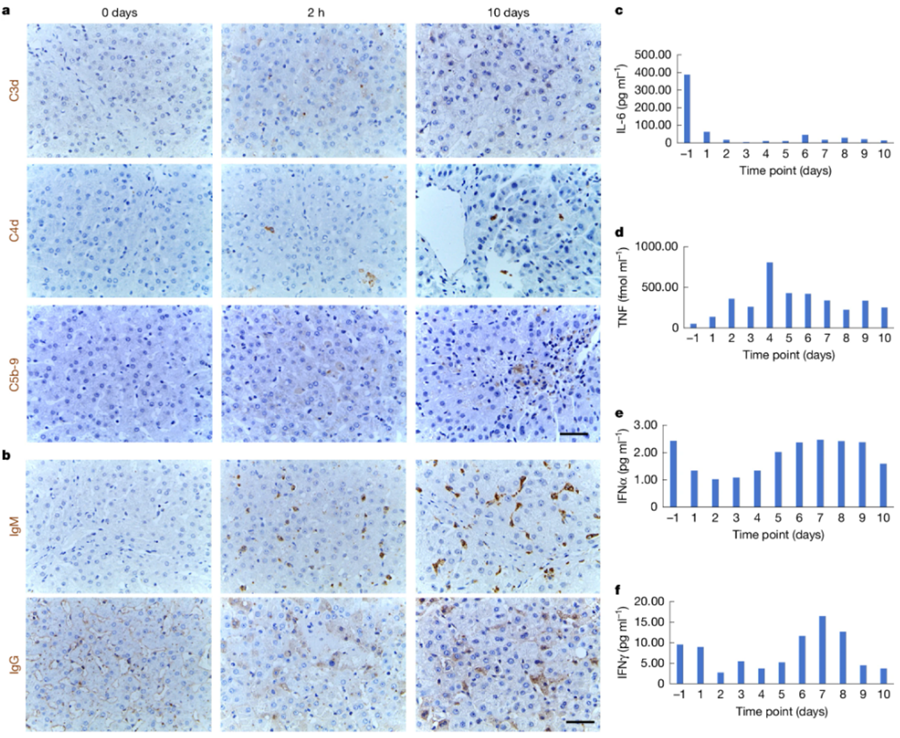
Recently, the U.S. Food and Drug Administration (FDA) officially approved a groundbreaking medical trial - using gene-edited pig livers to treat patients with liver failure! Patients with severe liver failure who cannot receive human organ transplants are temporarily connected to pig livers outside the body, which filter their blood. This is a huge breakthrough in the field of xenotransplantation, and it also brings new hope of survival to countless patients waiting for organ transplants.
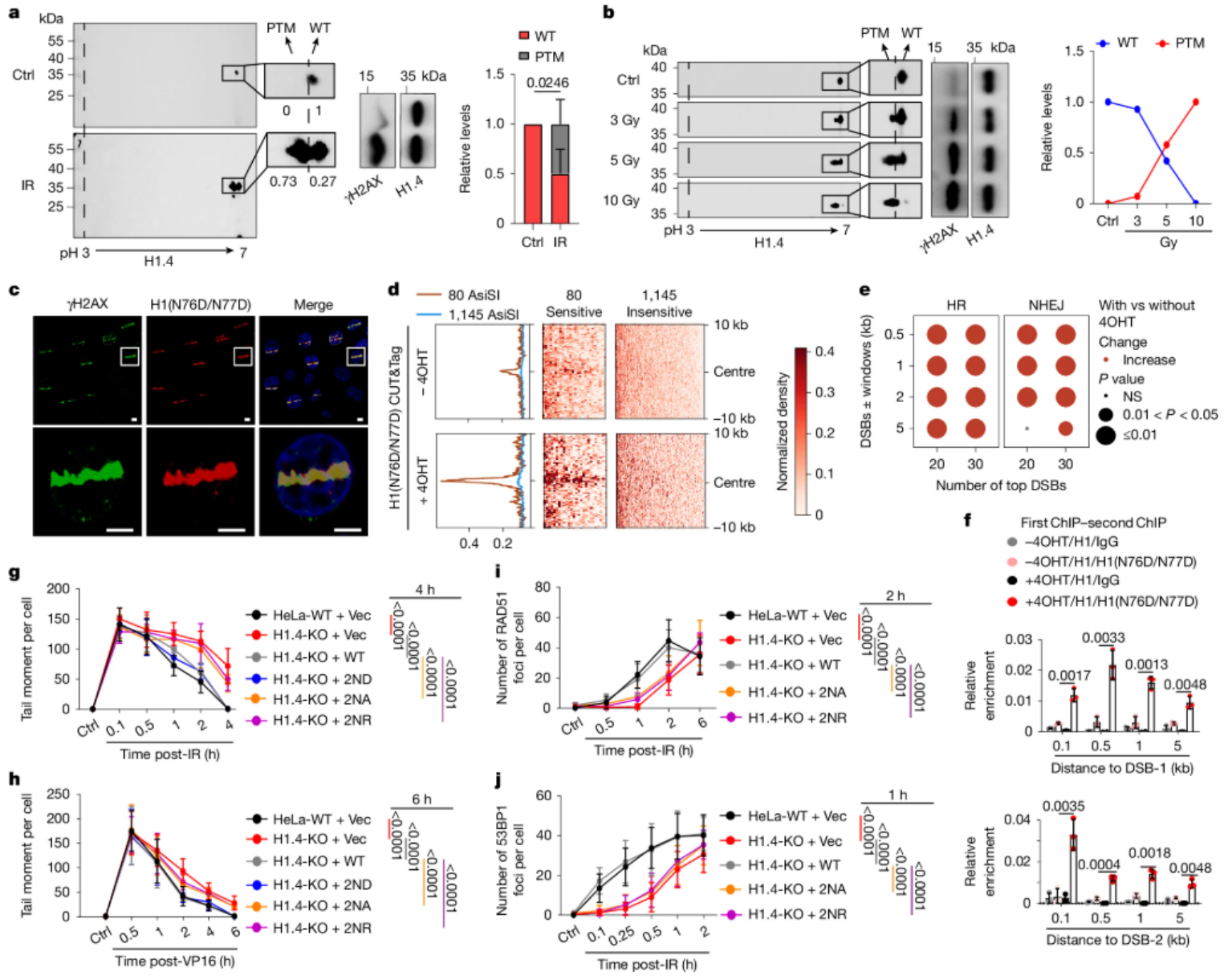
Cancer treatment has always been the focus of scientists around the world. From traditional surgery and radiotherapy to today's targeted therapy and immunotherapy, every technological advancement has brought new hope to patients. However, the complexity of cancer requires us to continue to explore the molecular mechanisms behind it.

In the battlefield of cancer treatment, immune checkpoint inhibitors (ICI) are like a brave warrior helping immune cells to attack cancer cells more effectively. However, they also face an embarrassing dilemma: among all patients who receive treatment, only less than 20% of them can benefit from it. This means that most patients have to face the cruel reality of ineffective treatment after receiving treatment with hope. This low response rate has undoubtedly cast a shadow on cancer treatment, and it has also made scientists urgently look for new strategies to improve the effect of immunotherapy so that more patients can rekindle the hope of life.
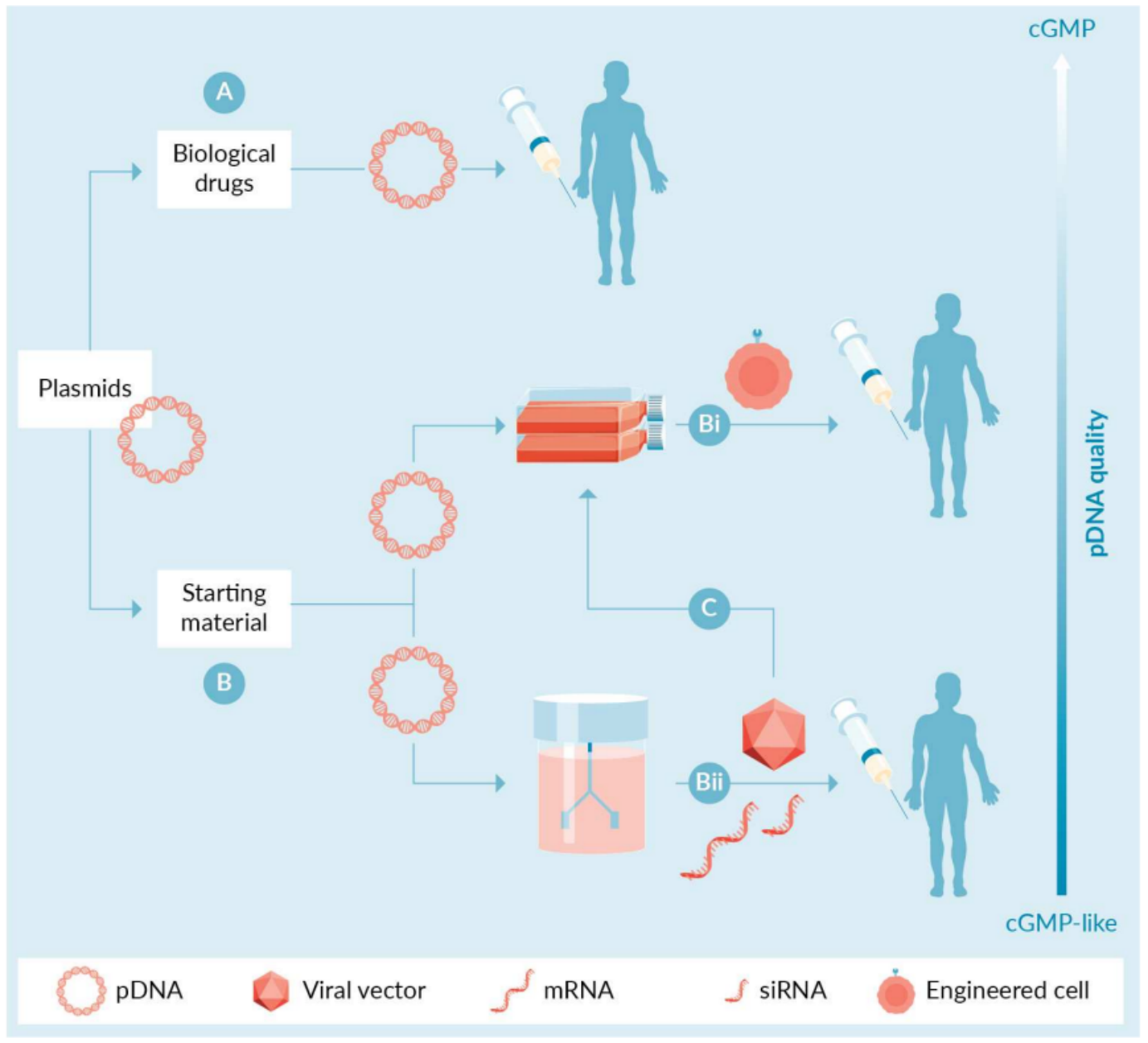
Plasmids as Biologics